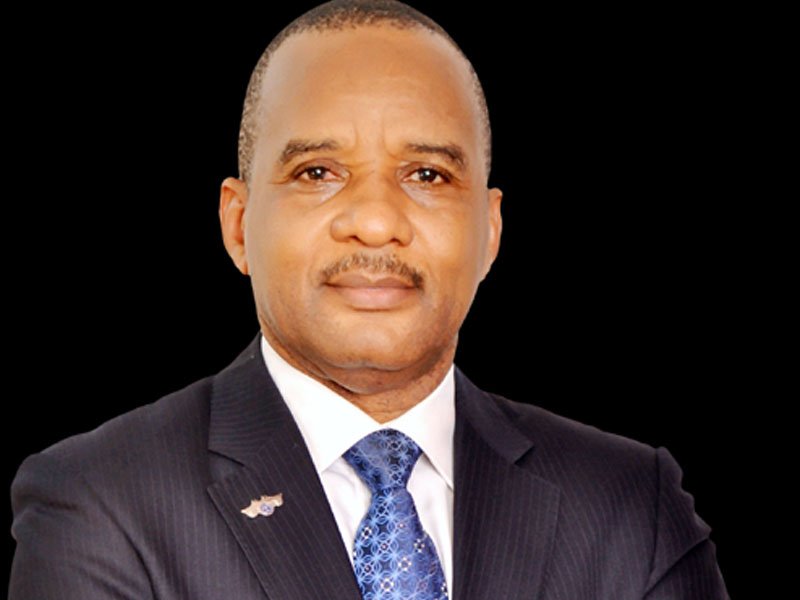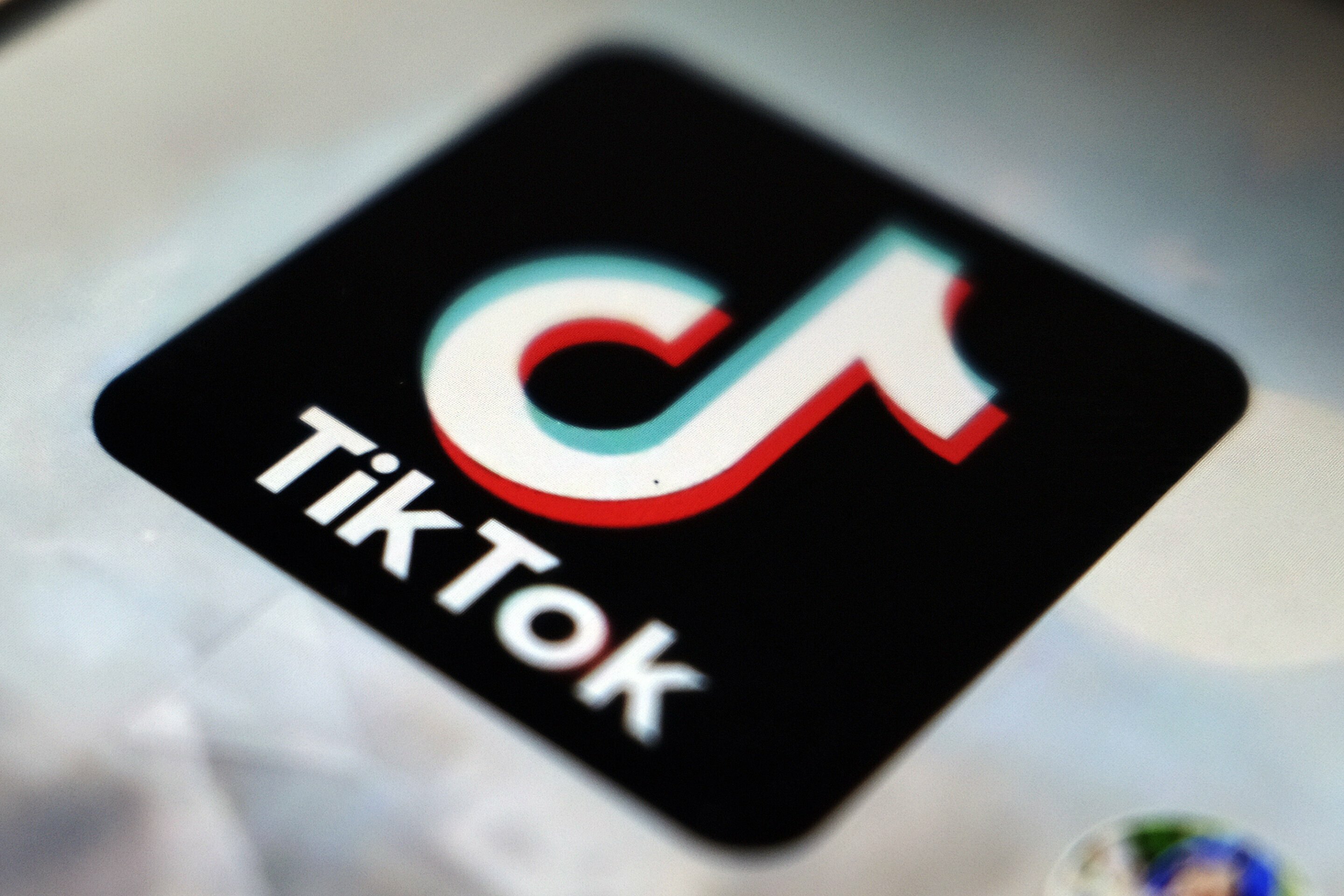
By Bashir Jamoh
The Atlantic Ocean is that vast body of water that extends to five continents – North and South America, Europe, Africa, and Antarctica – and is the second largest after the Pacific Ocean. The security and safety of the water for the sustenance of international trade and other benefits that are derivable from the sea should be of primary concern not just to countries that border the Atlantic in those continents, but all the countries of the world. There is no country that does not benefit from the sea, irrespective of whether or not it is bordered by it.
Responsibility for the security, safety, and maritime governance of the Atlantic Ocean is shared nationally and internationally. At the national level, the obligation to ensure the safety of navigation falls on every country with a coastal area within its territorial waters up to 12 nautical miles into the sea. Each country must ensure proper and effective enforcement of its flag state obligations that include security and safety, prevention and control of marine pollution, implementation of conventions and protocols to which it is a signatory, etc. It is also within its purview to assert economic rights over the resources found in the waters extending 200 nautical miles, sometimes beyond.
At the international level, the United Nations General Assembly is the recognized body on ocean governance, as shown clearly by the adoption of the United Nations Convention on the Law of the Sea (UNCLOS) 1982. The treaty, which contains 320 articles and nine annexes, deals with security, safety, rights, and obligations, including various other aspects of the economic and social use of the sea. This is in addition to the adoption, by the UN, of a number of other protocols and resolutions on sustainable use of the resources of the seas.
The role of the International Maritime Organization (IMO) is to set technical and safety standards that govern maritime activities around the world. This includes the adoption of several international legal instruments on the safety of navigation, as well as prevention and control of marine pollution.
The water volume of the Atlantic is said to be about 310,420,900 cubic kilometers, or about 25 percent of all the oceans in the world. This is not an area of water any country can single-handedly police, patrol, and provide adequate security. The job of maintaining security and safety against piracy and all forms of criminality; illegal, unreported, and unregulated fishing (IUU), drug trafficking, etc., within the Atlantic, therefore, requires partnerships and collaborations for a multi-pronged approach in such areas as legal and regulatory enforcement; an effective naval force for patrol and surveillance; technology for a maritime domain awareness infrastructure; technology and information sharing and transparency, as well as multinational and multilateral cooperation and collaboration.
READ ALSO:https://brandpowerng.com/decline-in-piracy-reduced-shipping-costs-will-end-war-risk-insurance-jamoh/
Aware of the importance of security and safety on its waters to international trade, economic growth, and wellbeing of its citizens, Nigeria has adopted pro-active and pragmatic measures to guarantee security within its own sphere of the Atlantic.
In February 2021, the Nigerian Maritime Administration and Safety Agency (NIMASA) rolled out the Integrated National Security and Waterways Protection Infrastructure, otherwise known as the Deep Blue Project, to combat piracy, armed robbery, and other criminal activities in the country’s territorial waters, up to the Gulf of Guinea. The objective is to keep Nigeria’s waters secure and safe for maritime activities to thrive.
The government enacted the Suppression of Piracy and Other Maritime Offences (SPOMO) Act to provide legal backing for the fight against maritime insecurity. This effort has so far yielded results with the conviction of 20 persons for piracy and other maritime offenses. The law has given effect in Nigeria to the provisions of UNCLOS on piracy and the International Convention on the Suppression of Unlawful Acts against Safety of Navigation (SUA) 1998, and its protocol.
At the regional level, Nigeria had earlier joined other heads of state and governments to sign the Yaoundé Declaration on June 25, 2013, for collaboration in the fight against piracy and other forms of criminality in the Atlantic Ocean within the region. This followed the United Nations Security Council’s resolutions of 2011 and 2012 which called on countries in the ECOWAS, ECCAS, and the Gulf of Guinea to work together to fight piracy, armed robbery, and other criminal acts in the region. The Yaoundé Declaration led to the establishment of the Inter-regional Coordination Centre (ICC Yaoundé).
Nigeria has also worked in partnership with ICC Yaoundé to engage major international shipping industry groups such as INTERTANKO, INTERCARGO, ICS, OCIMF, and BIMCO to develop a framework known as the Gulf of Guinea Maritime Collaboration Forum on Shared Awareness and De-confliction – Gog-MCF/SHADE. This framework is a multilateral initiative involving industry stakeholders and member countries in West and Central Africa, as well as the Gulf of Guinea on information sharing and incident reporting, cooperation at sea, and air de-confliction.
However, as desirable as multinational and multilateral collaboration and cooperation for maintenance of safety and security in the Atlantic and all the oceans and seas of the earth are, consideration must also be given to the need for such to be done within the complex web of international relations and diplomacy, so as not to undermine the sovereignty and territorial integrity of any country, no matter its size. To this end, while appreciating the principle of ‘Mare Liberum’, a unilateral declaration by private entities to deploy warships to waters within the Atlantic and seas in West Africa does not augur well for good international relations. In the same vein, the Coordinated Maritime Presence (CMP) scheme used by some countries to deploy frigates to the Atlantic oceans of West Africa and the Gulf of Guinea should be with the consent of countries in the sub-region, and in line with international laws. If not for anything else, it would be a mark of respect for the dignity of the people and sovereignty of those countries.
In light of the reduction in the rate of piracy and other forms of maritime crime in Nigeria’s waters, it is important that the international shipping industry reciprocates by removing the high war risk premium charged on Nigeria-bound cargo from all over the world. It is also time for IMO and Nigeria’s friends to return the country to membership of Category C in the forthcoming IMO Council Elections coming up in the next few weeks. Nigeria counts on the votes of its friends and on their continued confidence in its efforts to work in partnership with other countries to make its corridor of the Atlantic Ocean a safe passage for seafarers, their vessels, and the vital supplies they transport for the common existence of everyone.





















